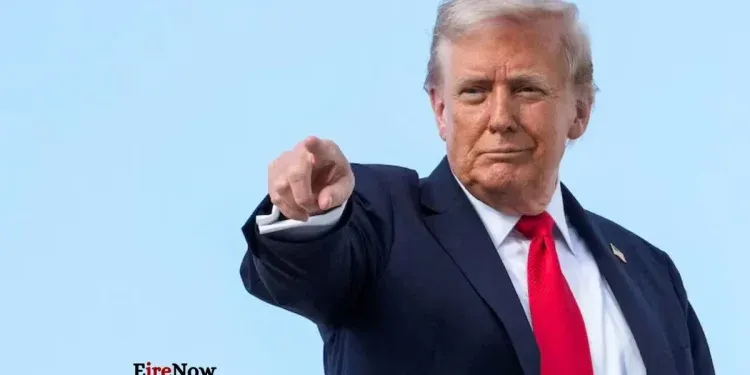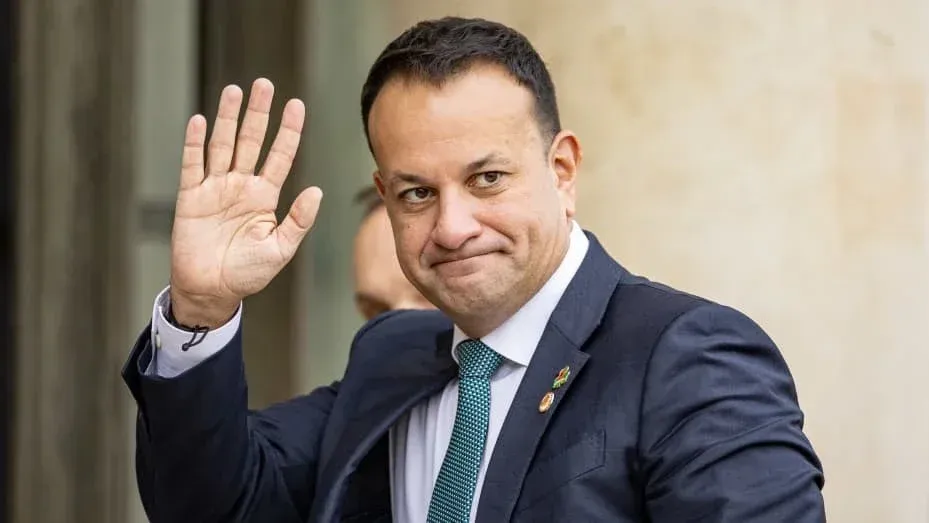Dublin, Ireland- The Irish Government has pledged to urgently “study the impact” of an overnight announcement by US President Donald Trump, which threatens a sweeping 100% tariff on branded pharmaceutical imports unless the exporting companies begin building manufacturing plants in the United States.
Tánaiste and Minister for Foreign Affairs, Simon Harris, immediately stressed that a prior agreement between the European Union and the US ensures a maximum 15% tariff cap on EU pharmaceutical exports, regardless of the new announcement.
The US Announcement and Ireland’s Exposure
President Trump stated that, starting October 1st, the 100% tariff will be levied on “any branded or patented pharmaceutical unless a company is building their pharmaceutical plant in America,” defining ‘building’ as “breaking ground and/or under construction.” The move is the harshest trade policy announced since the broad “reciprocal” tariffs unveiled last April.
The measure poses a significant threat to Ireland, which is one of the largest EU exporters of pharmaceutical products to the US. Ireland accounted for €33 billion of the EU’s total €120 billion in pharma exports to the US last year. A 100% tariff could effectively double the cost of Irish-exported branded medicines.
Tánaiste Reaffirms EU Trade Deal
In his statement this morning, Mr. Harris confirmed that the Irish government will analyze the announcement, which contains “a number of exemptions,” in collaboration with EU colleagues.
“I want to stress, however, that the EU and US Joint Statement issued on 21 August last made absolutely clear that any new tariffs announced by the US on pharmaceuticals under its Section 232 investigation would be capped at 15% for pharma products being exported by the EU,” Mr. Harris said. “This remains the case and underlines again the value of the agreement reached last month.”
The EU had previously secured a deal with the US limiting any new tariffs on EU drug exports to the 15% rate, an “insurance policy” against higher duties, according to EU trade spokesman Olof Gill.
The European Federation of Pharmaceutical Industries and Associations (EFPIA) director general, Nathalie Moll, warned that tariffs on medicines “would create the worst of all worlds,” leading to higher costs, disrupted supply chains, and preventing patients from accessing life-saving treatments.
In addition to pharmaceuticals, President Trump also announced a 50% tariff on kitchen cabinets and bathroom vanity units and a 25% tariff on heavy trucks, citing the need to protect the US manufacturing base for “national security” reasons.







